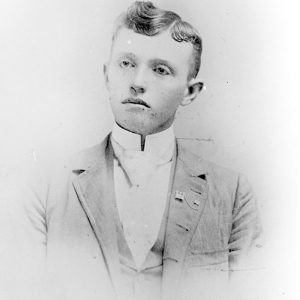 David Yancey Thomas
David Yancey Thomas
Entry Category: Nonfiction
 David Yancey Thomas
David Yancey Thomas
Thurman, Sue Bailey
Tomkievicz, Shirley Jean Abbott
aka: Shirley Abbott
Trimble, Vance
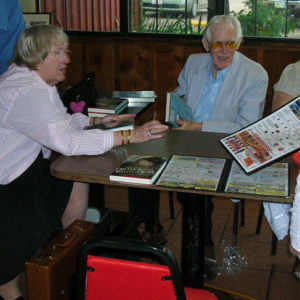 Vance Trimble
Vance Trimble
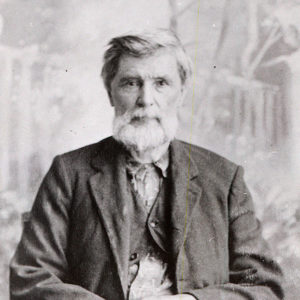 Silas Turnbo
Silas Turnbo
Turnbo, Silas Claiborne
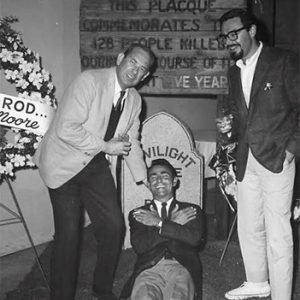 Twilight Zone Finale
Twilight Zone Finale
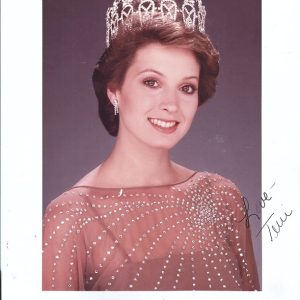 Terri Utley
Terri Utley
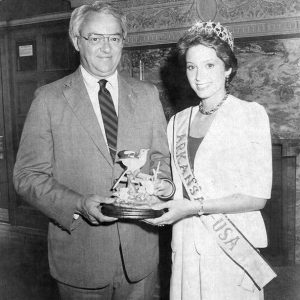 Terri Utley and Frank White
Terri Utley and Frank White
Vance, Rupert Bayliss
Vapors, The [Book]
Warriors Don’t Cry
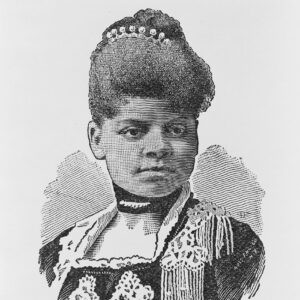 Ida B. Wells
Ida B. Wells
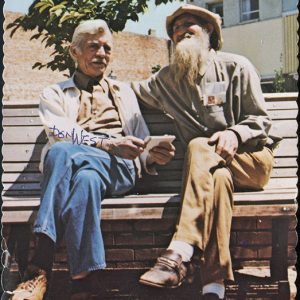 West and Henson
West and Henson
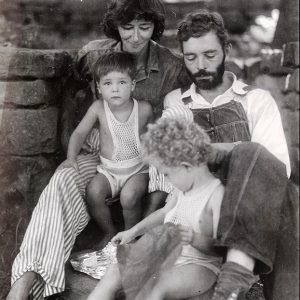 West Family
West Family
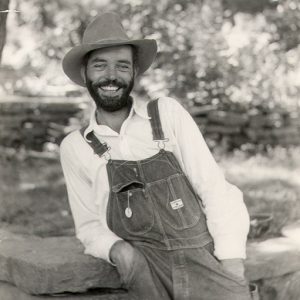 Don West
Don West
West, Donald W. (Don)
When the Century Was Young
Widow’s Web
Williams, C. Fred
 Fred Williams
Fred Williams
Wilson, Charles Morrow
Woman Who Wouldn’t Talk, The
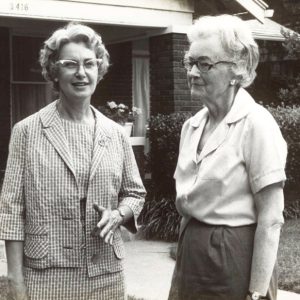 Woodward & Huckaby
Woodward & Huckaby
Woodward, Comer Vann
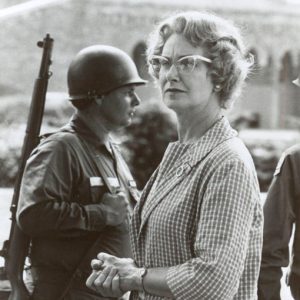 Joanne Woodward
Joanne Woodward
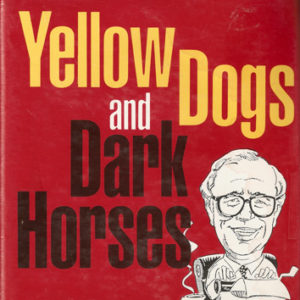 Yellow Dogs and Dark Horses by John Robert Starr
Yellow Dogs and Dark Horses by John Robert Starr




